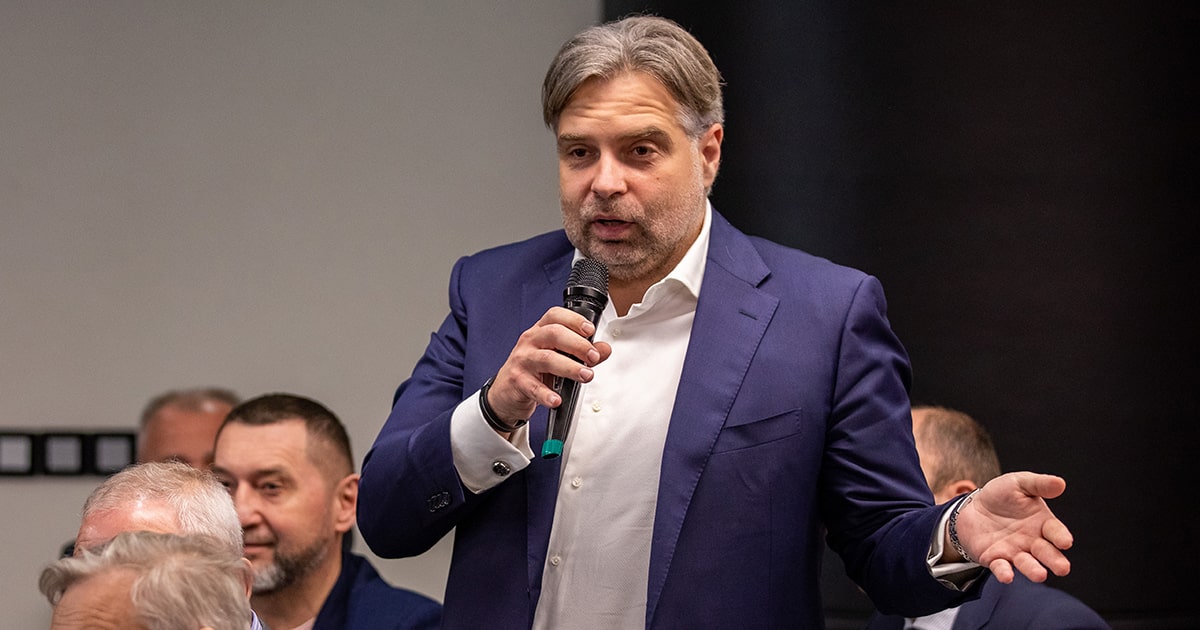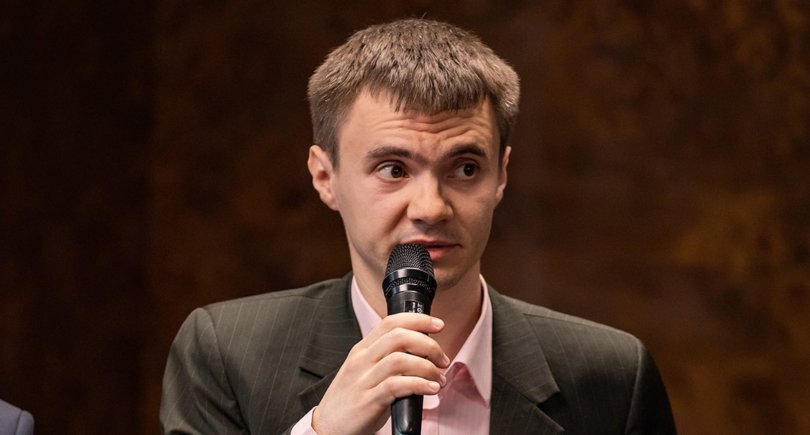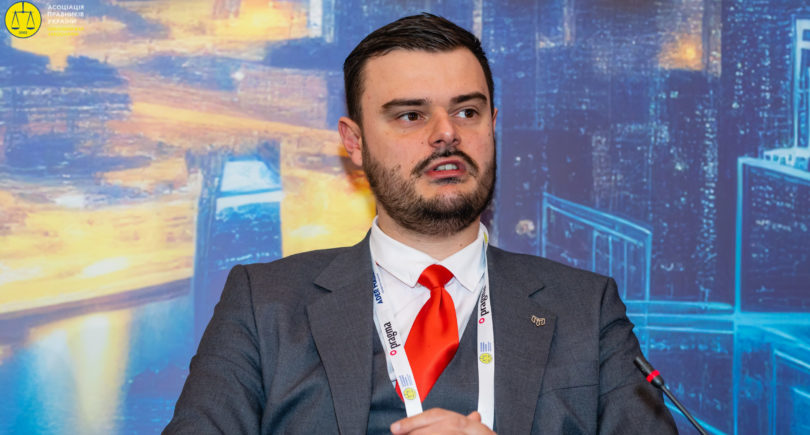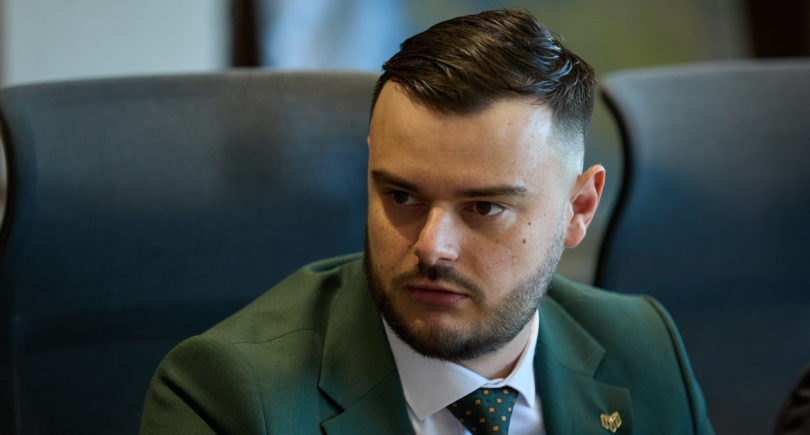
Opinions Global Market EUROFER 1727 04 December 2023
In November, Ukrmetalurgprom became an associated member of EUROFER, which will allow it to work with the EU steel community
The policy of European sanctions against imports of Russian iron and steel products to the EU market has shown insufficient effectiveness. In this regard, Ukrmetallurgprom and the Ministry of Economy initiated appeals to the European Commission to strengthen sanctions against Russian iron and steel products and replace them with pig iron, semi-finished products and iron ore from Ukraine.
Sanctions policy
We are grateful to the European Union for the sanctions against Russian steel products, which were imposed almost immediately after the start of Russia’s full-scale aggression against Ukraine – in March 2022. But, unfortunately, the list of sub-sanctioned products did not include semi-finished products and raw materials – pig iron, square billets, slabs, ferroalloys and iron ore.
Some European companies stated that they needed a transitional period to find alternative suppliers. As a result, the 11th package of sanctions, which came into effect on September 30, 2023, provides transitional periods for imports of square billets (banned from April 1, 2024) and slabs (from October 1, 2024). Import quotas were introduced for the transitional period until a complete ban on supplies.
All this does not affect the volume of imports of Russian semi-finished steel products to the EU much. For example, the authorized monthly imports of slabs will be only 20% lower than the actual average monthly imports in 2022. By comparison, slab imports in 2021 were 3.7 million tons. Currently – for January-September 2023 – imports of semi-finished products from Russia to the EU have fallen by only 24% y/y – to 2.38 million tons.
Many major European steel companies have refused to buy Russian semi-finished products even despite the absence of a direct ban and large discounts simply because they value their reputation.
Market imbalance
At the same time, the Czech Republic, Belgium and Italy are seeking to extend the transition period for imports of Russian slabs into the EU until 2028. This is due to the presence of Russian NLMK’s rolling facilities in these countries – they supply their semi-finished products to their own production facilities at dumping prices.
We see abuses in these requests to extend the transition period for imports of Russian slabs. For example, the Czech Republic came out with the argumentation of the need to supply thin plate to its auto enterprises, although it turned out that the local auto industry does not depend on Russian steel. In general, this situation leads to unfair competition and unequal playing conditions in the EU domestic steel market – certain companies that buy Russian semi-finished products at a discount get a price advantage.
EUROFER, the European steel association, supports the tightening of sanctions against the Russian steel industry and the sufficiency of the transitional period already granted for reorientation to other suppliers. We are grateful to EUROFER for this position, which came out when the new 12th package of sanctions against Russia was being discussed. I think that the European Commission should listen to this opinion and refuse to extend the transition period.
For our part, we also believe that the transition period has been long enough, and if you want, you can find alternative suppliers of slabs, including in Ukraine. We have extensive experience in supplying slabs to Europe, so we could replace these Russian products on the EU market. Especially if the Black Sea ports are fully unblocked for export.
We can also replace Russia on the European market for other products – pig iron, iron ore and others. Over the last year and a half we have repeatedly written appeals to the European Commission – initiated a complete ban on imports of Russian MMC products and noted the possibilities of Ukraine to replace Russia in the European market. Our Ministry of Economy has also prepared a similar document for the European Commission and EU stakeholders, which lobbies for a ban on imports of pig iron and iron ore from Russia to the EU. It also states that Ukraine has a good chance to fully replace, for example, Russian pig iron on the European market. We hope that our voices and EUROFER will be heard in Brussels.
Joining Eurofer
Since November 22, 2023, Ukrmetalurgprom has become a new associate member of the Board of Directors of EUROFER Association. The association includes 35 steel enterprises and 14 national steel associations of the European Union, as well as five enterprises and associations outside the EU as associate members – Ukrmetalurgprom became the sixth.
This gives us the opportunity to participate directly in the work of the European steel community, in particular EUROFER committees. The issues that will be easier to solve being an associate member of EUROFER include:
- adaptation of Ukrainian legislation to European legislation in environmental and energy policy (BAT, CBAM, etc.);
- harmonization of trade policies (CBAM, EU negotiations with the USA, treating products from Ukraine as products from the EU, with a melted & poured requirement in trade with the USA, limiting the export of strategic raw materials, such as scrap, to third countries);
- lobbying the interests of Ukrainian enterprises in the structures of the European Commission regarding recovery funds and access to European funds.
However, we consider this stage of membership to be intermediate. And in the foreseeable future, as Ukraine’s European integration intensifies, our association and Ukrainian steel companies will be able to become full members of EUROFER.





